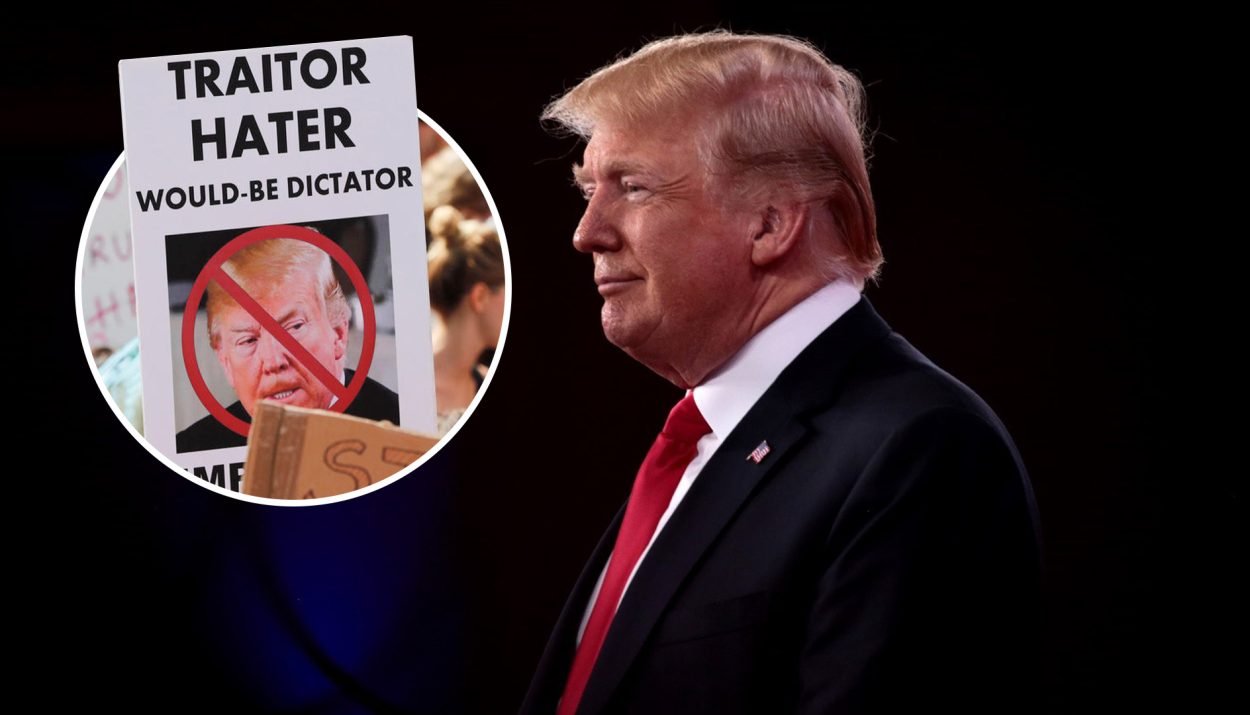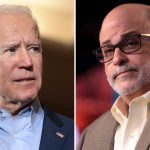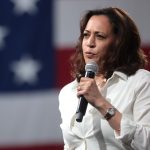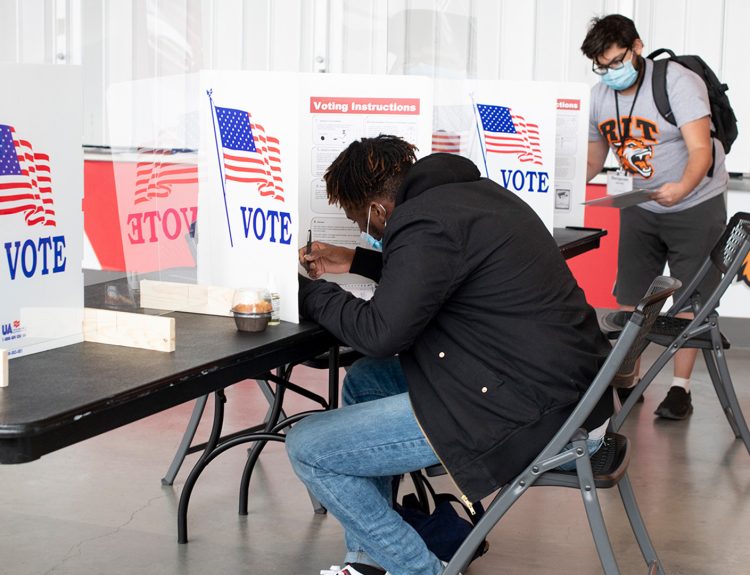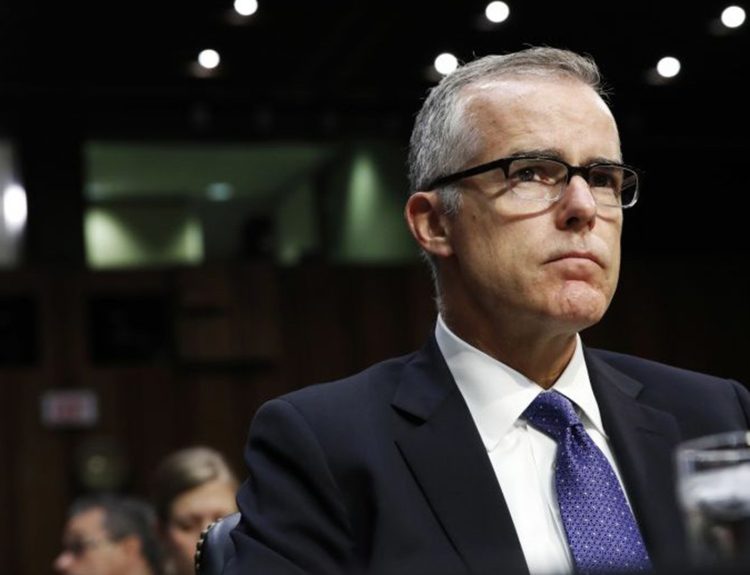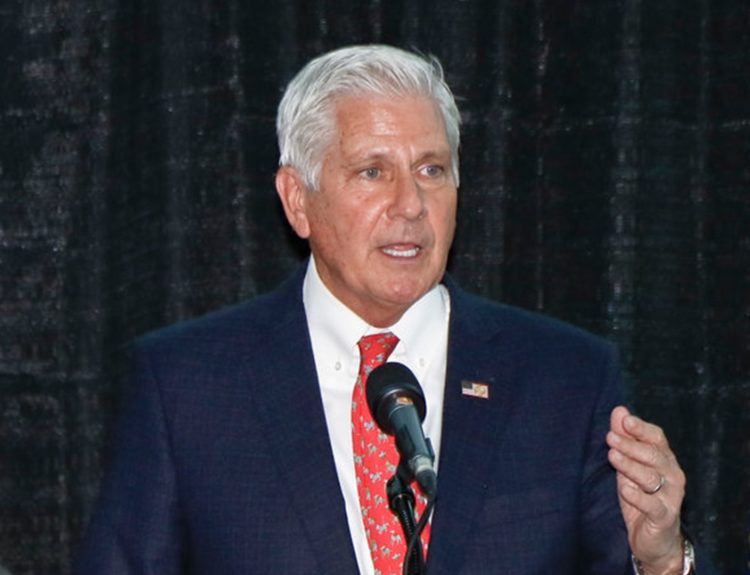A recent survey conducted by the British newspaper The Daily Mail has revealed voters’ strongly negative views of former President Donald Trump’s political objectives and leadership. The survey, which has gained widespread attention, suggests that many voters associate Trump’s goals and rhetoric with authoritarianism and unethical governance.
Even Trump himself appears to have responded to the survey’s findings. Only 2% of participants associated Trump’s rhetoric with more positive concepts such as “greatness” or “strength.”
Survey’s Shocking Revelation
A recent survey conducted by The Daily Mail revealed voters’ negative perceptions of President Trump’s political aspirations and goals. According to the survey, a majority of participants associated phrases like “dictatorship,” “corruption,” and “revenge” with the President’s political objectives.
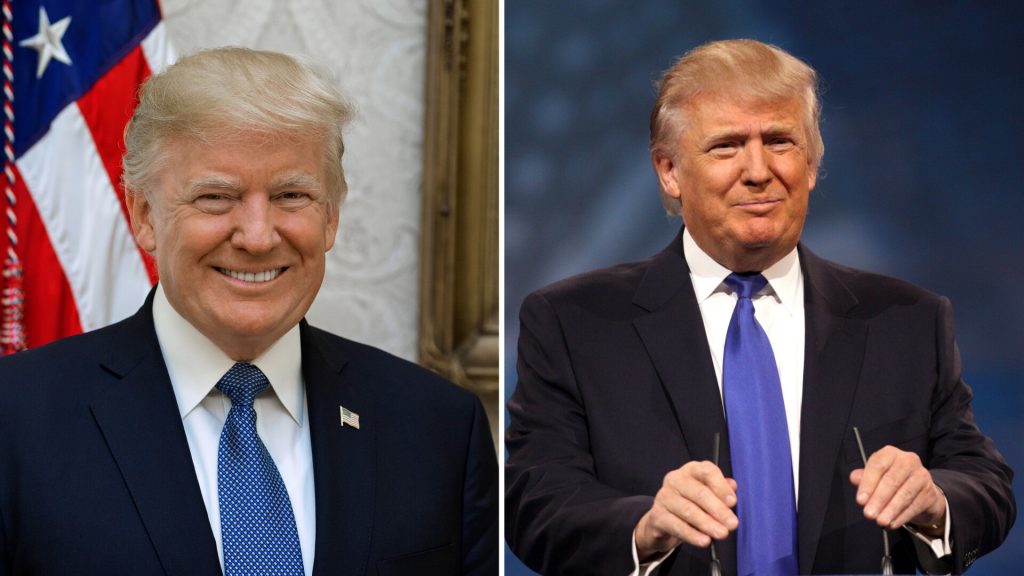
These findings suggest Trump’s rhetoric and policies have fostered a widespread perception of authoritarianism and unethical governance. References to dictatorship and corruption imply a belief that Trump places his own power and personal interests above democratic values and the public good.
Trump’s Acknowledgment
According to the results of a recent survey, many American voters associate Donald Trump’s political goals and rhetoric with notions of “dictatorship” and “corruption.” In a surprising development, the former president appeared to recognize these views himself.
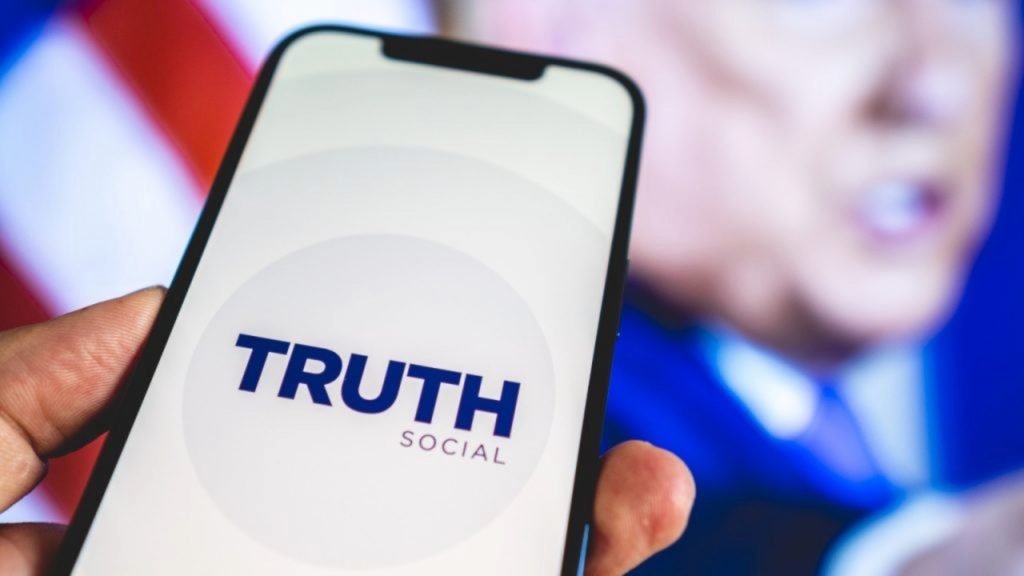
On his Truth Social media platform, Trump shared a word cloud prominently featuring the very terms that voters used to describe him, although his intention in doing so remains unclear.
Dictatorial Ambitions
President Trump has expressed admiration for dictators and authoritarian leaders, suggesting he prefers consolidated power. Some analysts argue his rhetoric and actions as president indicate dictatorial ambitions. The president has also made statements that suggest a preference for consolidated power and a disregard for limits on executive authority.
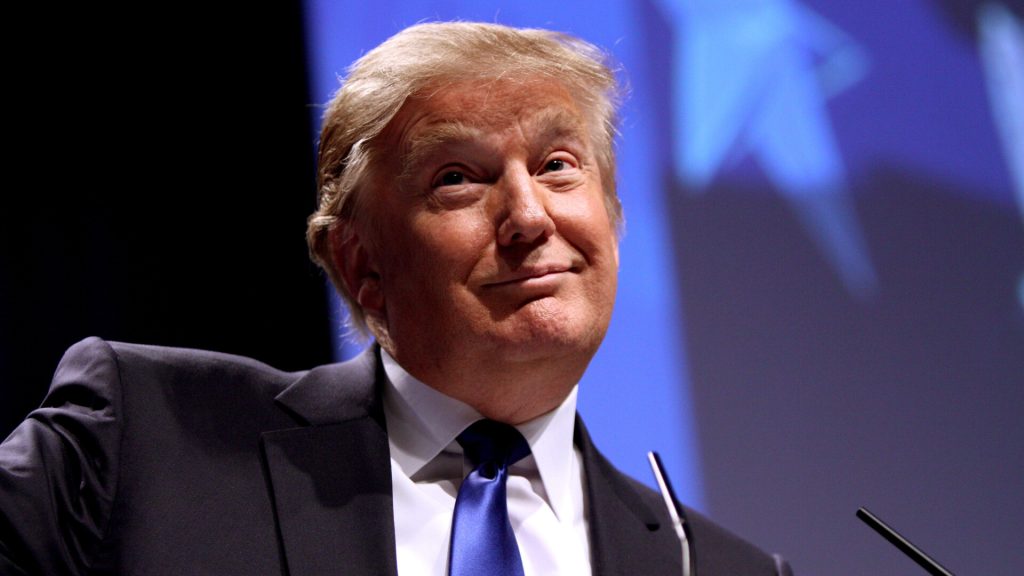
Early in his term, Trump allegedly told associates, “I have an Article II, where I have the right to do whatever I want as president.” He has issued executive orders at a faster rate than any president since Jimmy Carter. Trump once said he would not relinquish power after two terms, in violation of the 22nd Amendment.
Trump’s Language
Recent surveys show voters associate President Trump’s political objectives and rhetoric with authoritarianism and unethical behavior. His phraseology and statements frequently mirror tactics employed by oppressive leaders like Adolf Hitler and Benito Mussolini, who referred to political opponents and those with dissenting opinions as “vermin.”

Though Trump has proclaimed he will not become a dictator, he has also made contradictory statements like, “No, No, No. Other than Day One. We’re closing the border, and we’re drilling, drilling, drilling. After that, I’m not a dictator.”
Damaging Democratic Norms
Threats to purge detractors and opponents damage long-standing democratic norms and values like freedom of speech. If the government retaliates against critics and opponents, it creates a chilling effect where people become afraid to voice dissent for fear of reprisal.
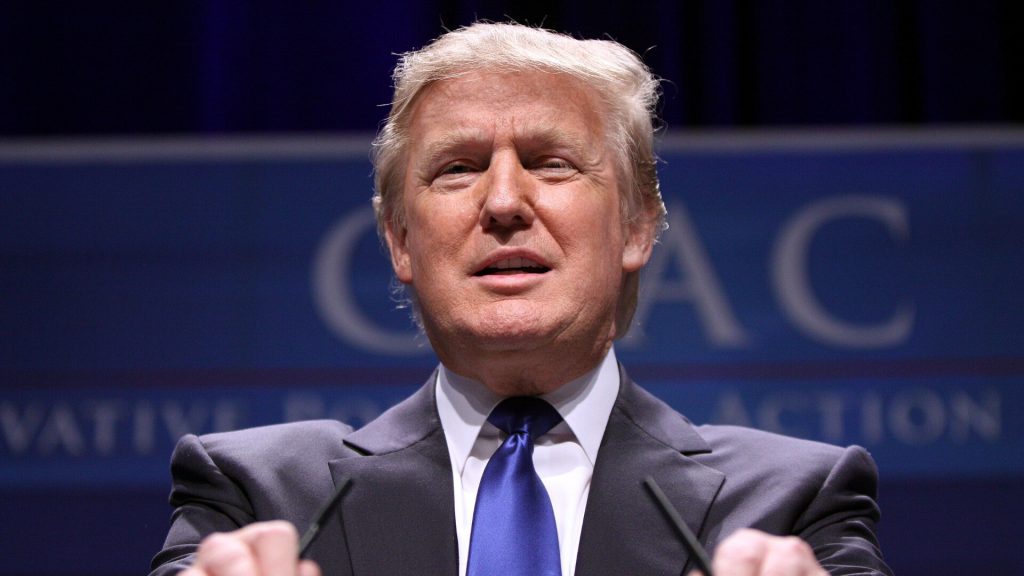
While the survey shows voters linking Trump’s rhetoric to anti-democratic concepts, Trump and his supporters argue that removing opponents is about promoting efficiency and loyalty. However, critics argue that any move to systematically purge dissent poses severe risks to democracy.
Potential Impact on Voters
The findings from the survey could significantly impact Trump’s base of supporters. His rhetoric and policy positions are closely tied to voters’ views of him as an authoritarian figure willing to bend ethical rules to achieve his goals.
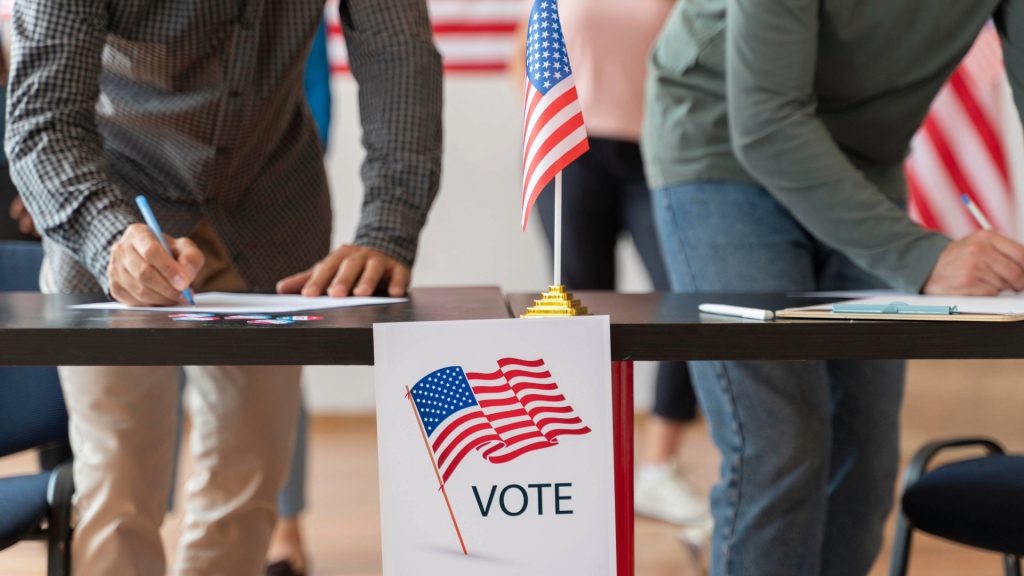
Should more voters come to see him in this negative light, it may weaken his political influence and hamper his aspirations for the 2024 election. Political views tend to be deeply entrenched and resistant to change. Those already opposed to Trump are likely to see the survey results as confirming what they already believe about him.
Comparison with Biden
A comparison of the Daily Mail survey results for President Trump and former Vice President Biden shows vastly different perceptions among voters. While terms like “dictatorship,” “corruption,” and “chaos” were closely associated with President Trump, voters linked very different concepts to Joe Biden.
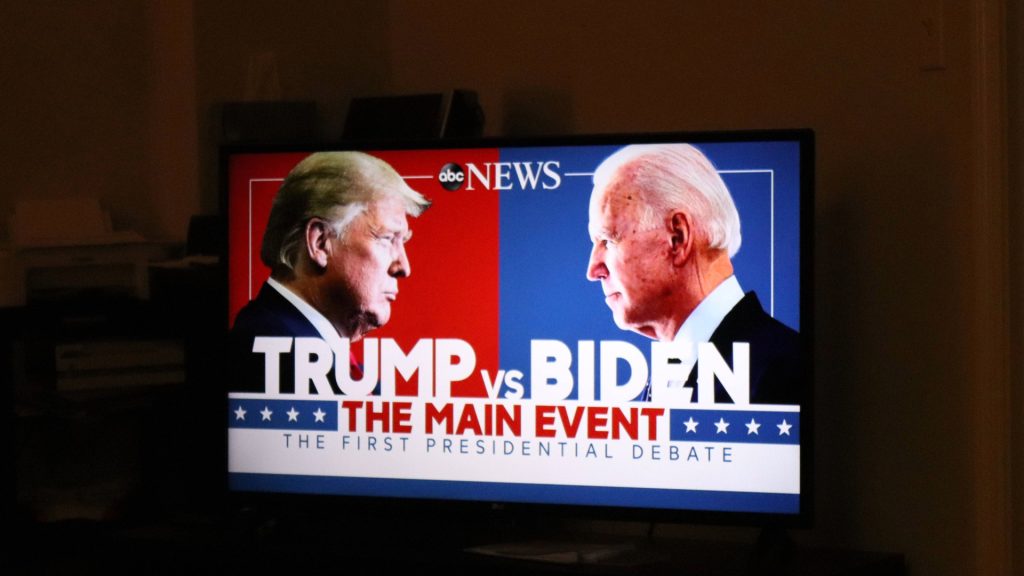
The data indicates Biden is seen as someone who could bring “stability,” “empathy,” and “trustworthiness” to the presidency. His word cloud included terms like “peace,” “economy,” and “democracy.” These contrasting views of the two leaders could be highly significant in understanding the evolving political landscape in America.
Poll’s Methodology and Demographics
J.L. Partners, a public opinion research firm, conducted a survey of 987 registered voters across the United States to gauge their views on former President Donald Trump and his political goals. The survey had a margin of error of +/- 3.1 percentage points, indicating the results provide a broad sense of voter opinions nationally, though the demographics of respondents were not specified.

To assess voters’ associations with Trump’s ambitions and legacy, the poll asked respondents to choose three words or short phrases from a list of options that they felt best represented Trump’s political objectives during his time in office.
Trump’s Relationship with Media and Government
Throughout his presidency, Trump repeatedly condemned media organizations and journalists whose coverage he considered unfavorable. He dubbed some “fake news,” accusing them of spreading misinformation and bias. Trump’s strained relationship with the media raises concerns over freedom of the press.
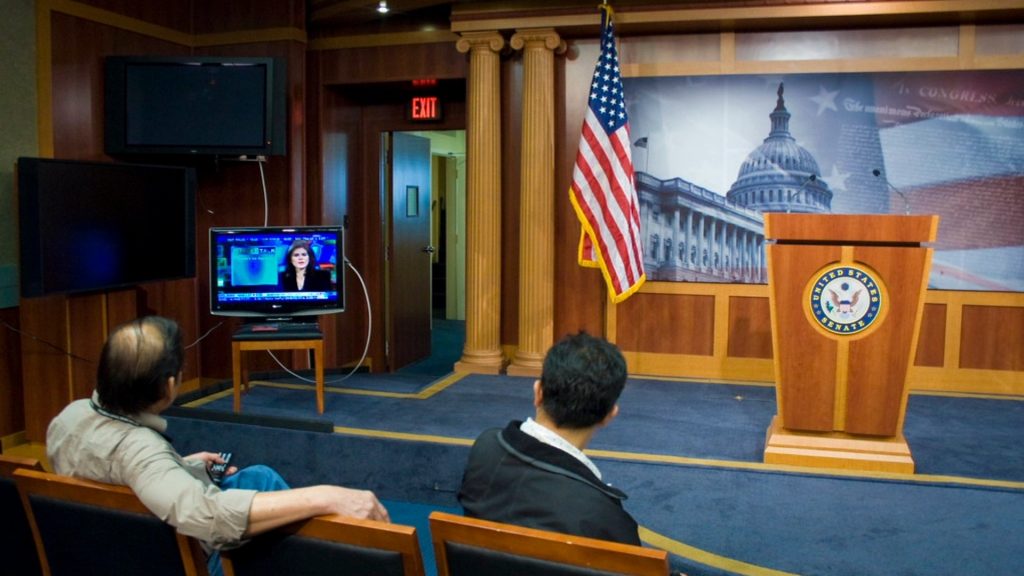
Trump criticized media outlets like CNN, MSNBC, The New York Times, and The Washington Post. He claimed they published “fake news” and spread misinformation about his administration. Trump clashed with government officials he viewed as obstacles, leading to concerns over limits on dissent and proper oversight.
Trump’s Use of Provocative Language
President Trump’s political rhetoric continues to generate controversy. His frequent use of provocative language and polarizing terms to describe political issues and opponents has been a hallmark of his time in office.
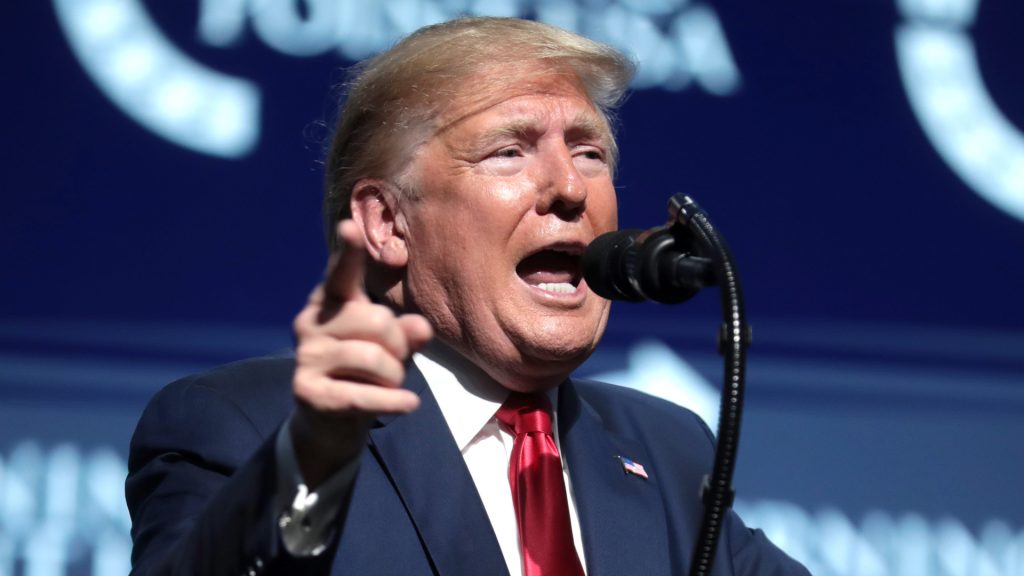
References to “draining the swamp” and attacking “crooked” politicians have led some to say Trump’s goals involve dismantling democratic institutions to expand his power. However, others believe he is genuinely trying to reduce government corruption and inefficiency.

